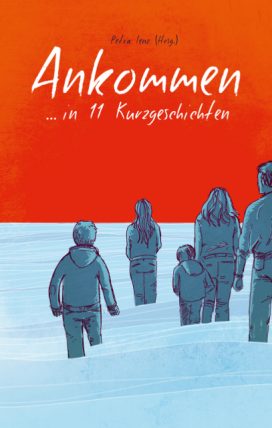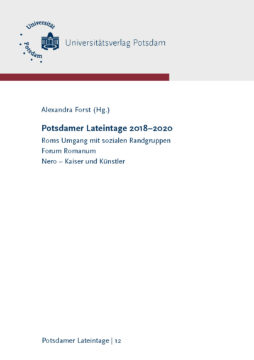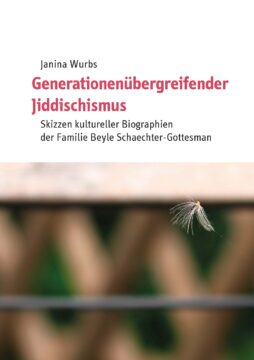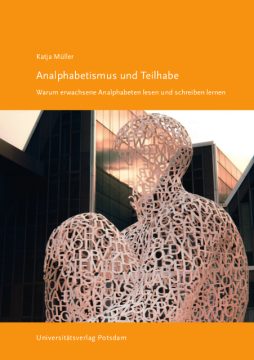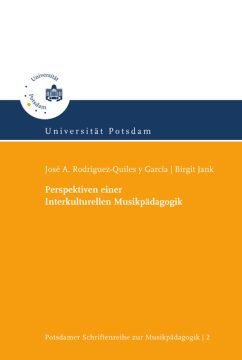Jaro and Malia are reunited with their children Juna, Nenad and Yasha. Finally! They fled climate change and civil war-like conditions caused by this. The father and the oldest daughter Juna had left first – as they had decided. Later, the mother followed with Nenad and Yasha. Now they live in a small flat with uncle Avron and try to settle in Germany. Thereby, they do not only experience difficulties with German monstrous word formations. Everything is new: the city, in which Nenad still gets lost after weeks; snow that never fell at home; forms which have to be filled in and supermarkets where no whole roosters can be bought. Only numbers and signs of mathematics are the same everywhere and they give a sense of security at least to Nenad. Yet, the family finds more of that sense of security in their religion. As in their old home, here are also people who gather to pray, to celebrate, and to sing. However, they do not meet in a holy Grotto as the Ahaqu. Especially Malia, the mother, deeply misses her religion and its traditions and custums in close touch with nature.
„Settling” unobstrusively deals with the relation between religion and migration exemplified by a family that comes from an unknown country to Germany, belonging to a fictitious religion. Here, they do not only encounter other natural conditions but also completely different societal, cultural and religious traditions causing confusions and misunderstandings. The eleven stories are standing for themselves. Each is concerned with an element of religious live, respectively of religion under the conditions of arriving and settling in a foreign country. At the same time, the plots of all stories are interwoven thematically. That makes it possible to read them separately or the book as a complete manuscript. Enclosed by each story, a didactic setting is provided as inspiration for the use in value education and learning about and learning from religion.
gestellt an Petra Lenz (Hrsg.)

